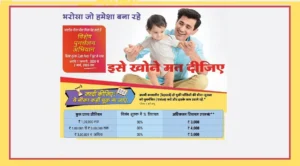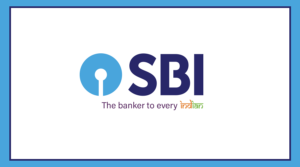After Karnataka’s request for UPI merchant turnover details, four more states—Andhra Pradesh, Uttar Pradesh, Tamil Nadu,
and Gujarat—have also asked UPI apps and payment aggregators to share merchants’ annual transaction data.
Their goal is to identify merchants whose turnover exceeds ₹40 lakh, the limit above which GST registration becomes mandatory.
Traders Fear Tax Action, Push Back Against UPI
Many trader associations are advising members to shift back to cash payments to avoid getting GST notices.
In Karnataka, small vendors are threatening a state-wide shutdown on July 25 unless these notices are withdrawn.
Some have already stopped accepting UPI due to fears of high tax demands.
For example, a vendor in Mysuru said he received a ₹30 lakh tax notice based on UPI transaction data, forcing him to stop using UPI and resulting in a drop in business. Similar incidents are being reported in other parts of Bengaluru.
UPI Usage Threatened by GST Concerns
UPI is the most widely used digital payment method in India, handling over 18 billion transactions every month. Merchant payments make up 63% of these transactions.
The growing mistrust among traders could slow down this digital payment boom, worrying major platforms like PhonePe, Paytm, and BharatPe.
A UPI app executive warned that if more states begin sending similar notices, merchants across the country may revert to cash—even though customers still prefer UPI.
Confusion Between Turnover and GST Liability
Bankers and industry experts argue that using total UPI transaction amounts to determine GST liability is flawed.
Not every item sold via UPI is taxable—many essentials like food staples are exempt.
However, traders often don’t understand this and see the notices as penalties instead of compliance reminders.
Karnataka’s tax department clarified that the notices are only meant to encourage GST registration, not demand immediate payment. But this message hasn’t been clearly received.
Merchants Seek Workarounds, Authorities Stay Alert
To avoid scrutiny, some merchants are reportedly using multiple QR codes connected to personal accounts.
Authorities are watching this closely, especially after past cases where individuals received large payments across several accounts.
Impact on Digital Economy
Experts warn that such strict action could damage trust in digital payments.
While tax compliance is necessary, overly aggressive enforcement may push small businesses back into the informal economy—hurting both innovation and government revenue in the long run.

























